Albanese’s Jakarta visit risks ‘symbolic diplomacy’ as experts warn of Indonesia’s tilt toward Russia, China
Foreign policy experts warn Anthony Albanese’s Jakarta visit may be all photo ops and no strategy, as Indonesia edges closer to Russia and China.
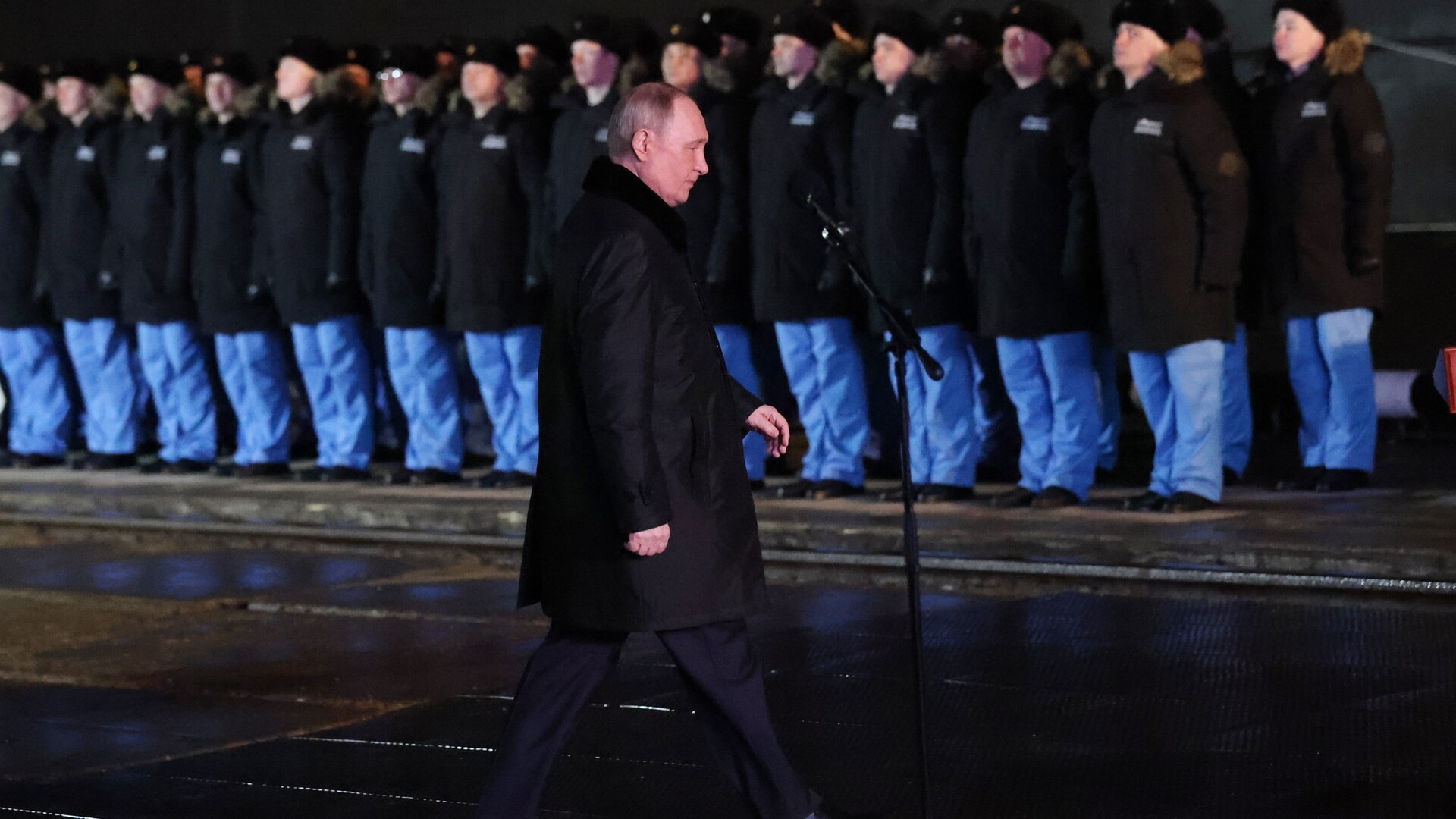
Anthony Albanese’s post-election lightning trip to Jakarta risks being only “symbolic diplomacy” that does not drag Australia’s closest neighbour away from China and Russia, the nation’s top foreign policy experts warn.
After Russia’s attempts to grow its influence in Indonesia interrupted Labor’s election campaign last month and raised fears over Vladimir Putin’s growing push into the Asia-Pacific, the Prime Minister will meet Indonesian President Prabowo Subianto on Wednesday.
The visit to Indonesia has been prioritised by the re-elected Albanese government given Russia’s push to operate long-range aircraft from the country and for strengthening bilateral relations.
Writing in The Australian on Monday, Australian Strategic Policy Institute senior analyst Gatra Priyandita warns that the two countries remain divided over how to manage China’s rise and, increasingly, how to engage with Russia.
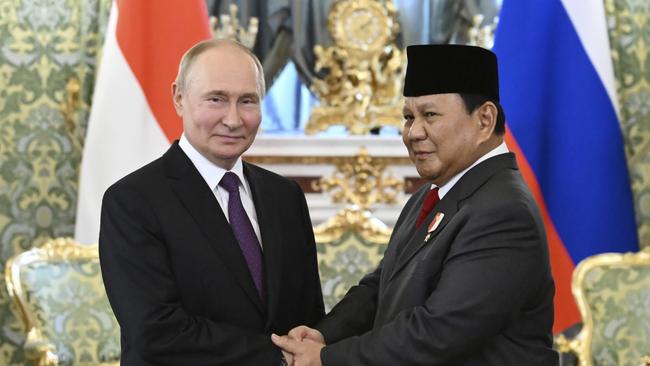
“Australia is comfortable with hard-edged strategic competition. Indonesia is not,” Dr Priyandita writes.
“Albanese’s visit must go beyond symbolism. If this partnership is to mature, both sides must start talking honestly about where they differ, where they want to go and how best to get there in lockstep.”
Strategic Analysis Australia director Peter Jennings said both countries were on “very different foreign policy paths” and no amount of symbolic diplomacy will change that.
His assessment comes as Indonesia under President Prabowo Subianto moves closer to Russia and China – joining the BRICS grouping and reportedly holding talks with Moscow to build a satellite launch facility on Biak Island near Papua.
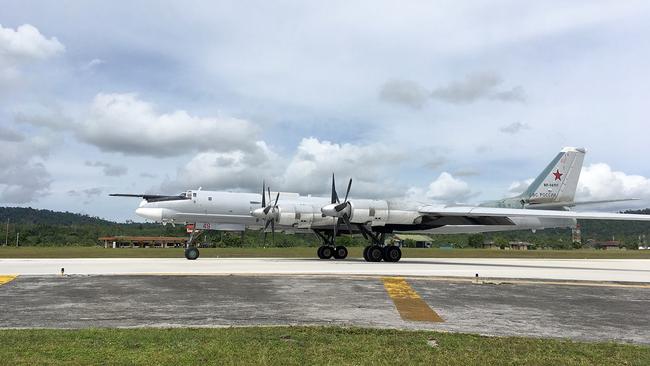
Mr Jennings has warned that such a project could pave the way for a Russian military presence, potentially including missile systems, just to Australia’s north.
“Australia and Indonesia are on very different foreign policy paths. There is virtually no chance that Anthony Albanese will be able to reverse that trend,” Mr Jennings said.
“Just wishing for a strategic relationship won’t make it come true. The truth is that our ties don’t have the business, investment, trade or people-to-people connections that drive close partnerships. The best we will get is surface cordiality while both countries worry about the other’s defence and foreign policies.”
In his view, both Mr Albanese and Mr Prabowo were likely to prioritise public relations and avoid confronting the growing strategic differences.
“Prabowo and Albanese will both be looking for happy photo opportunities and will be avoiding any discussions on the growing differences between the two countries,” Mr Jennings said.

Former Australian ambassador to Indonesia John McCarthy also voiced scepticism ahead of the trip, saying while Mr Albanese’s early visit to Southeast Asia sends a good signal, it lacked strategic heft.
“It’s perfectly respectable,” Mr McCarthy said of the visit. “But it doesn’t really say a hell of a lot.”
Mr McCarthy warned that Australia’s increasing focus on AUKUS and the US alliance had pulled it further away from Indonesia’s preference for non-alignment diplomacy.
“Southeast Asia is very important because it is the area of contention between China and the United States,” he said. “I’d probably make that point a bit more strongly.
“If you look at Australian policy, and the main elements of Australian policy over the last, say, six years, it’s all about AUKUS, the alliance, how to deal with the Americans, all about China, and that whole budget issue, rather than the Southeast Asian dimension.”
Abdul Rahman Yaacob, research fellow at the Lowy Institute’s Southeast Asia program, has just returned from Jakarta, where he met with defence officials and diplomats. He told The Australian that Indonesian officials were left “surprised and disappointed” by Canberra’s reaction to reports of a potential Russian presence at Biak Island.
“They view Australia (as not having) a good understanding of Indonesia’s strategic culture – of non-alignment, and (that it) would not allow foreign military to operate from Indonesia,” Dr Yaacob said.
“An Indonesian diplomat I spoke with on Friday expressed the same opinion. Second, they were concerned that certain parties in Australia are willing to put bilateral relations in harm’s way for political gains.”
While Dr Yaacob described the Albanese trip as largely “symbolic”, he said it remained significant as a reaffirmation of Canberra’s interest in the region. “It signals Canberra’s continuous interest in Southeast Asia,” he said.
Mr Albanese said he will travel to Indonesia on Wednesday as a “signal” of the importance Canberra places in the region on what is his first overseas visit since his thumping election victory.
During the election campaign, Indonesia dismissed reports that Russia had requested to base military aircraft in Papua, about 1200km north of Darwin, where a US Marine Corps rotational force is based for six months of the year.




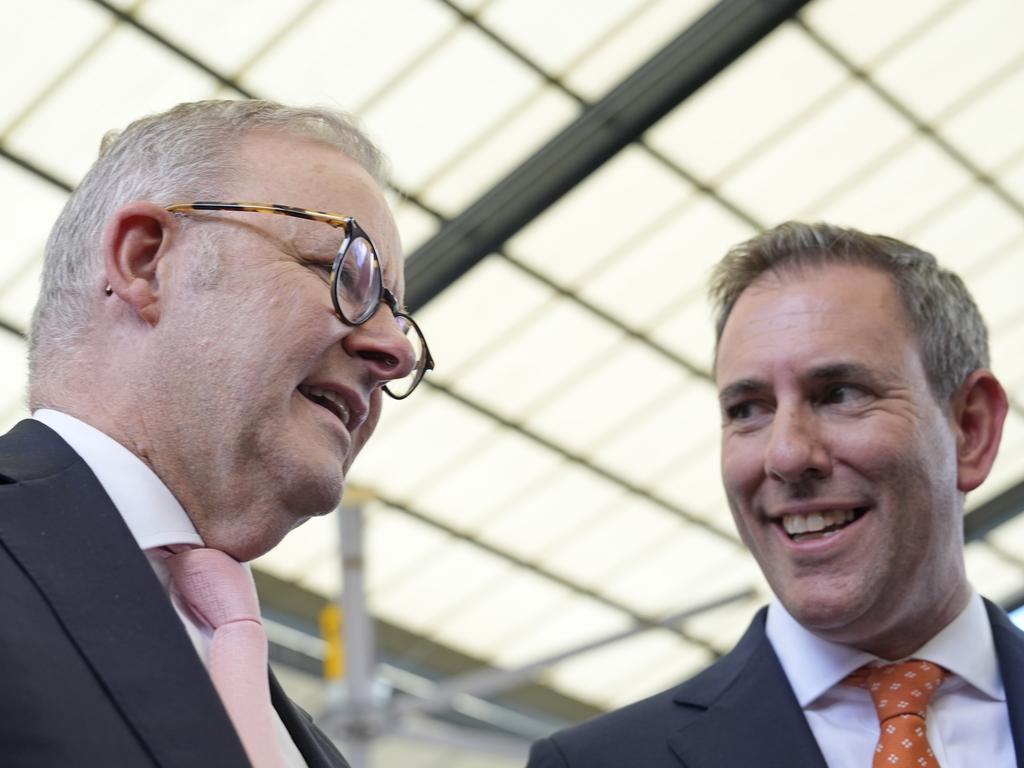
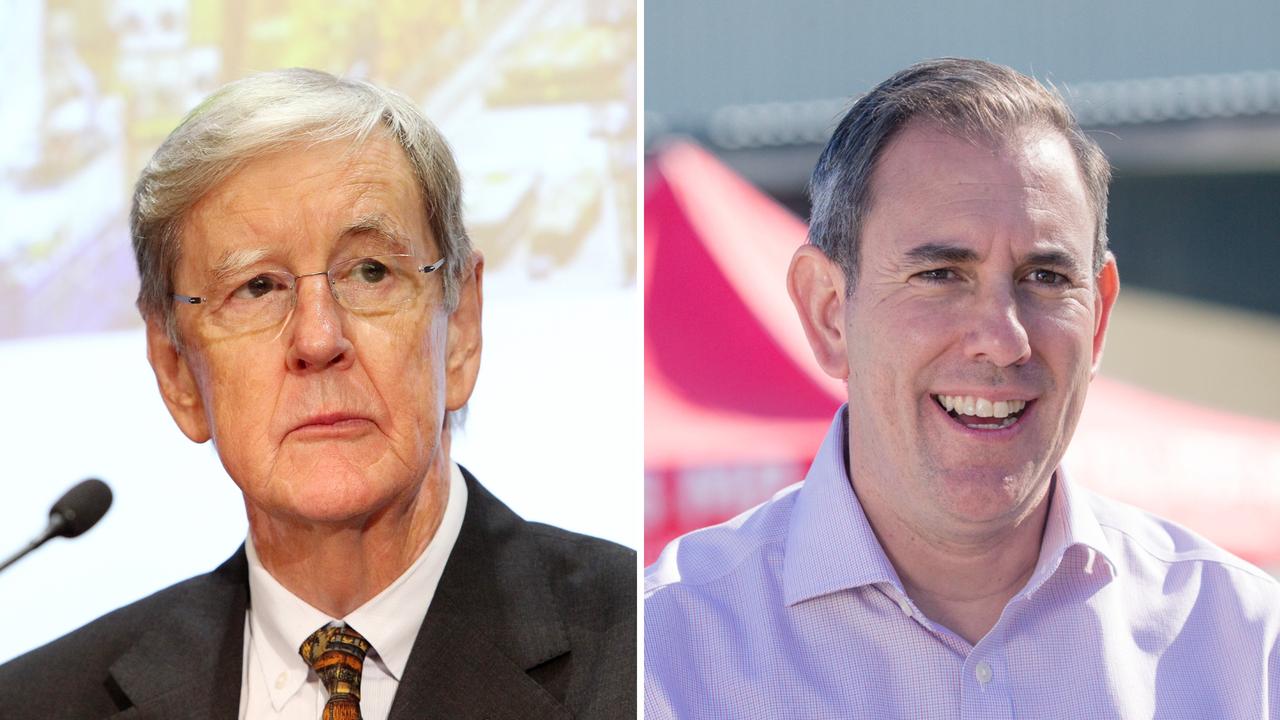
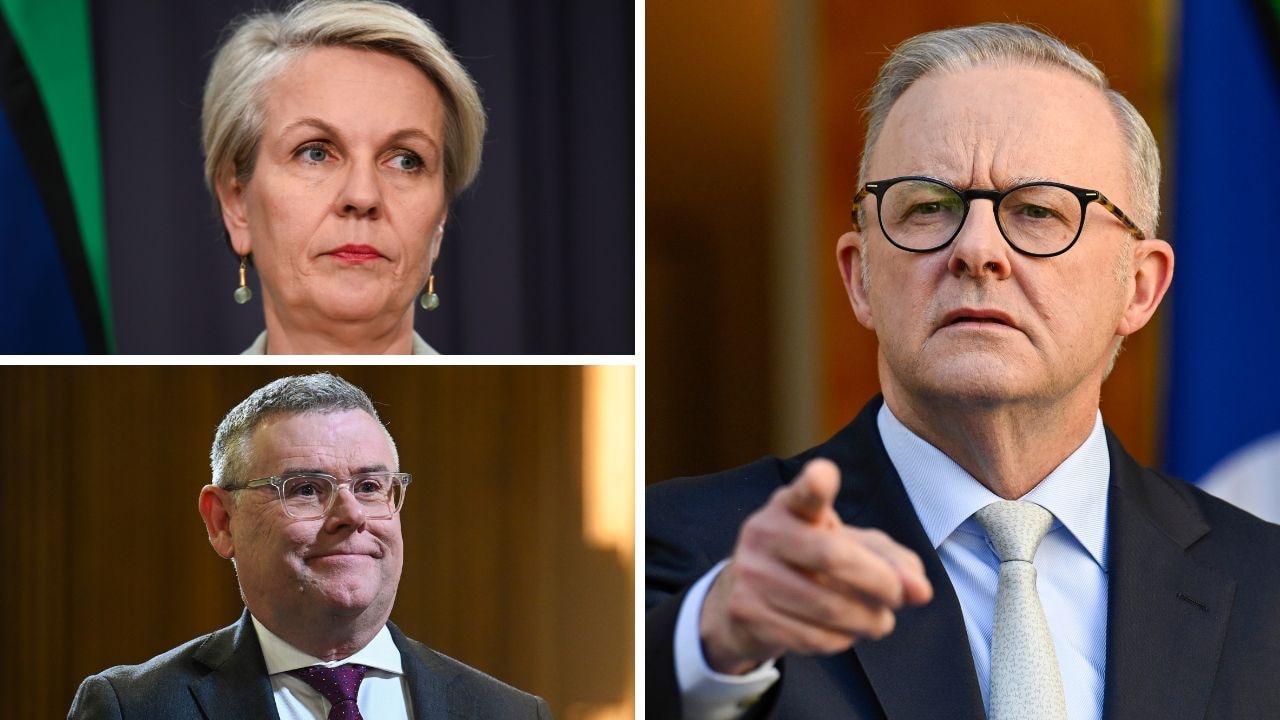
To join the conversation, please log in. Don't have an account? Register
Join the conversation, you are commenting as Logout